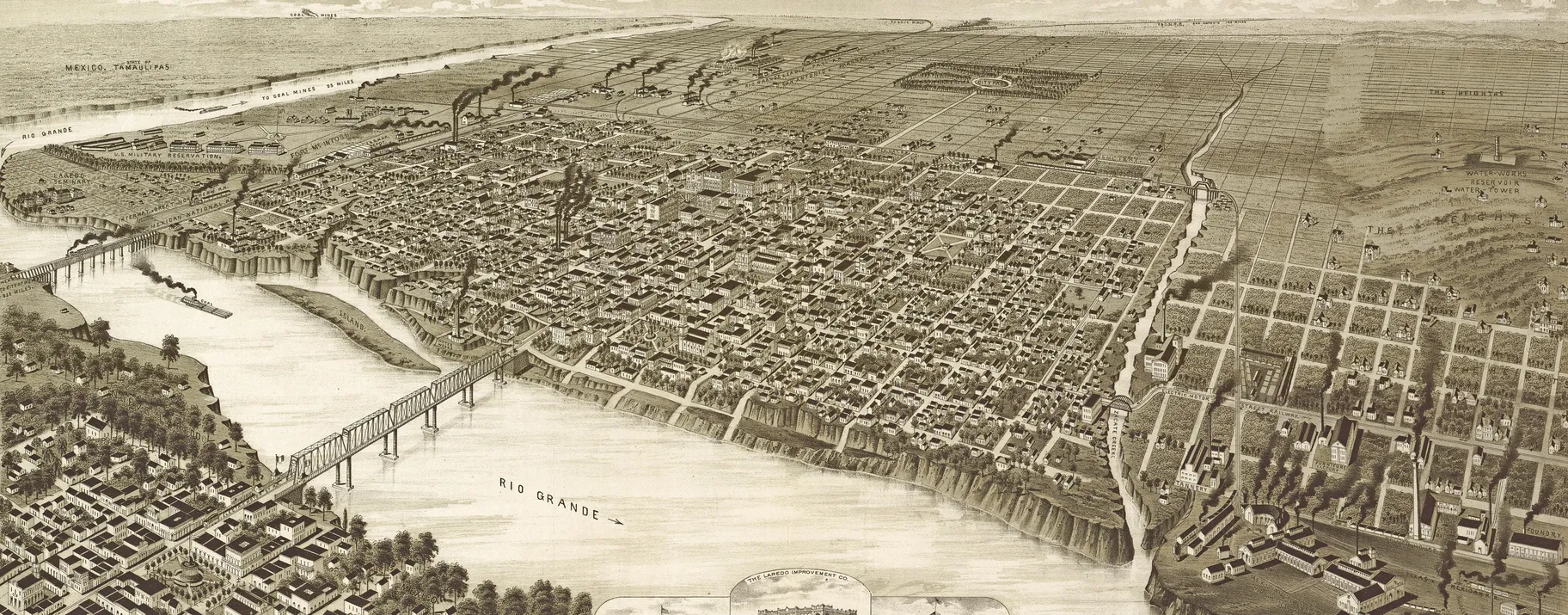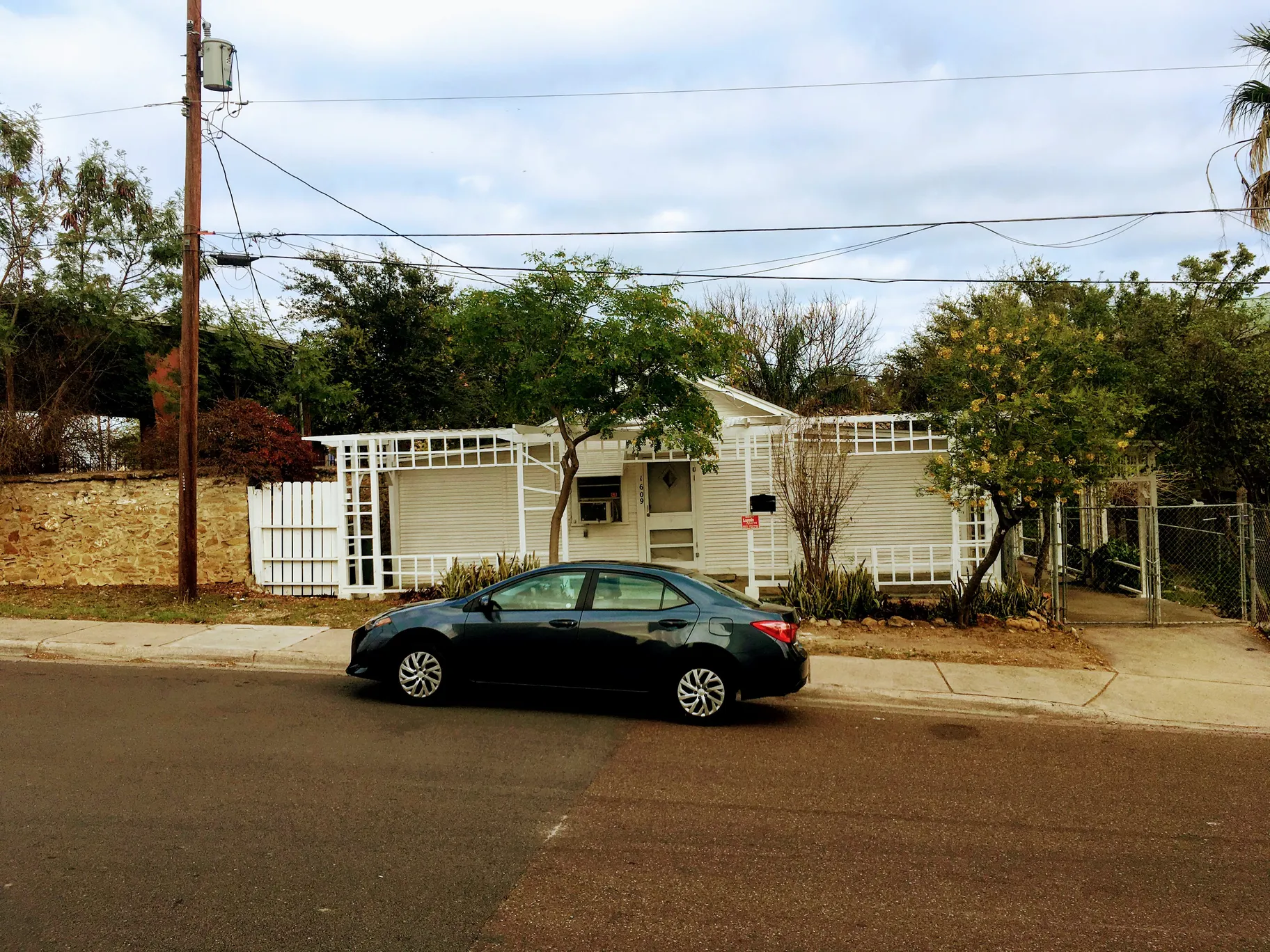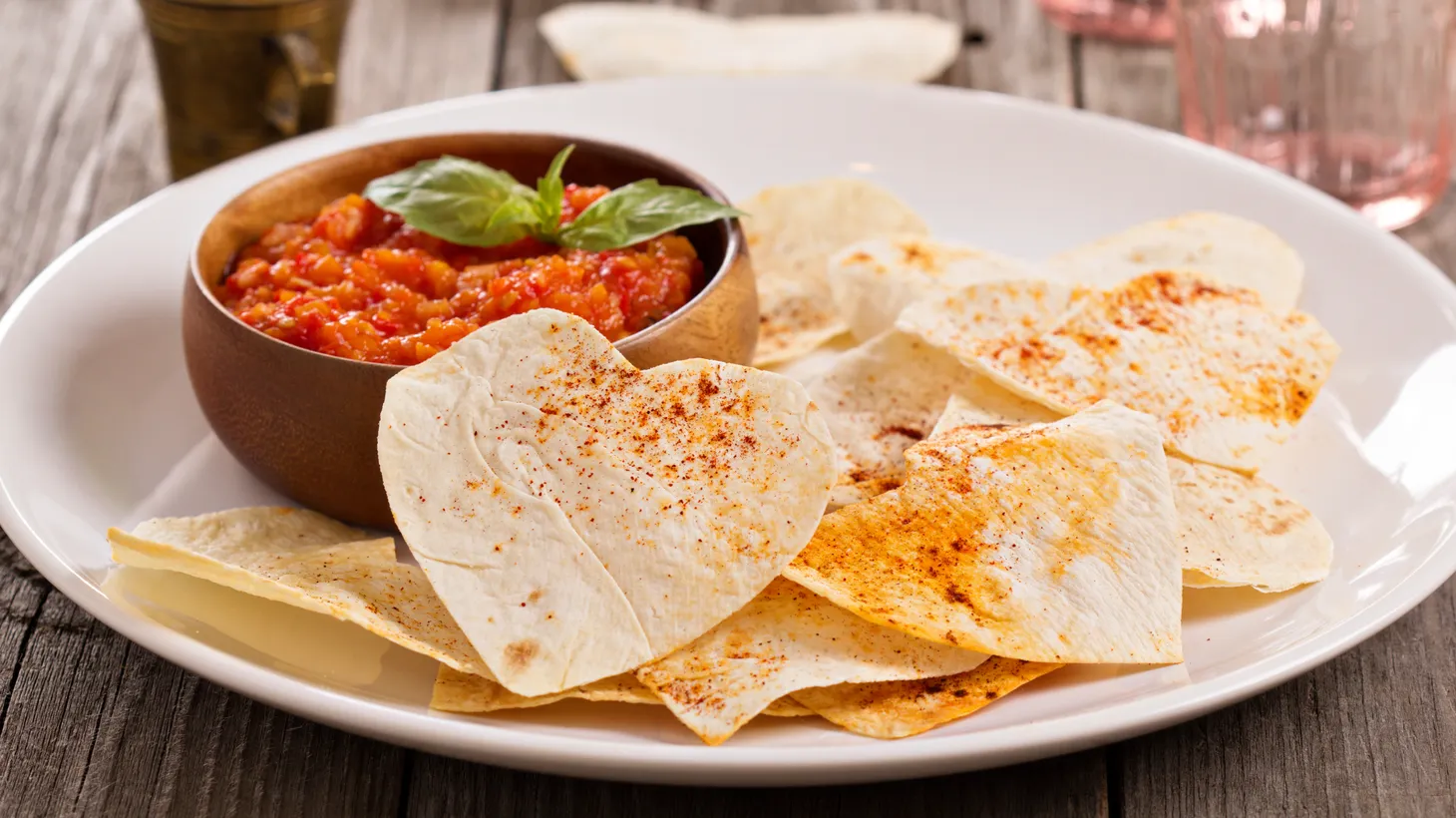My first collegiate posting was in the fall of 1988, as an Assistant Professor at the University of Connecticut. I was a Tejano in the land of Yankee clans, hired to teach Critical Theory (think Borges, Foucault, Derrida, Irigaray, and Baudrillard) and Latin American Literature (Fuentes, García Márquez, Poniatowska, and Borges here again, too — that blind mago got around).
Connecticut was a wasteland for a Laredo, Texas, born academic, especially when it came to tortillas! There and in New York at Cornell University, I had been subjected to the horrors of corn tortillas… canned in brine. Said "exotic delicacies" were abominations to any self-respecting soul from the Southwest, something to house as artifacts in bizarre museums of mass culture.

A perspective map of the city of Laredo, Texas, the gateway to and from Mexico, 1892. Photo by Shutterstock
But one day, in Connecticut, I received a care package from my mother, Trinidad, probably mailed by my father, William. Earlier that first semester, your Tejano Chicano renegade correspondent (then a young Turk, now an old jerk) had replaced William Shakespeare and Geoffrey Chaucer on the Masterworks of English and American Literature required reading list with somewhat less-sanctioned Ivory Tower works — Frank Miller and Klaus Janson's The Dark Knight Returns, Alan Moore and Dave Gibbons's Watchman, and random xeroxed offprints of stuff by Los Bros Hernandez in Love and Rockets. Already at Cornell I had learned that comics were the perfect gateway drug for a new generation of students raised more on Scooby Doo, Peanuts, and Superman than the heady epithets of the Bard and company.
I took the care package into a lunchroom in Arjona Hall, then the home of UCONN English. As I opened it, lovingly wrapped on top were bundled stacks of my mother's flour tortillas.
She cooked them just the way I loved them (even undercooking them a little bit for the bundles she shipped, knowing I would finish the cooking process when I heated them up in Connecticut). Her methods, which I have failed to emulate (though I am no slouch around the kitchen), were epic. She would mix the flour tortilla dough by hand, kneading and rolling the enchanted compound, infusing it with love. Then she would pop it into the old refrigerator to rest and God-knows-what-other mad alchemy she had mastered between watching her mother and diligently listening at the mouth of Betty Crocker (the secret informant to many a Mexican American kitchen). Then, she would take the refrigerated dough out of the fridge and let it come to room temperature.
There were two pathways after this. Either roll out the dough with a rolling pin (my toy when not being used in the kitchen — I don't think she liked that!) and cut it into perfect circles with bowls; or, more commonly, roll out the dough imperfectly into all manner of delicious sculptures. Then, the fairy-like witnessing of transformation on the comal! She preheated the pan until water droplets danced. if I was lucky, I got to assist with this from time to time.
Then, the show.
The careful placement of the flat tortilla dough on the comal and the sacramental witnessing, watching them rise and inflate like mini-blimps on the pan. Timing was crucial. Turn too early and the tortillas would be raw on the inside, turn too late and the flour wonders would burn.
Once turned and cooked, there were two pathways for the fated tortilla — either lightly flattened to let a little of the hot air out and placed on a growing pile of edible love or, far better, smashed on the comal on both sides until the tortilla was seared and lightly blackened then tossed on a plate where I would take a stick of butter and rub it on the same. A dash of salt and said marvel was off the plate and into my mouth (and soul). The pleasures of a freshly cooked, buttered, and salted flour tortilla from my mother's hearth forever seared into the synapses of my psyche (and my stomach).
But I digress.

The childhood home, in Laredo, Texas, of the author. Courtesy of William Nericcio
That fated day in Arjona Hall, I waltzed into the workroom-cum-lunchroom, where my septuagenarian colleagues gathered. No doubt I wanted to share the wizardry of my mother's South Texas culinary conjuring with my Lithead mates. But they were in no mood for that as they selected this moment to accost me regarding my bad taste in Literature and box me about verbally for exiling the Bard and randy Chaucer from the lit masterworks list. It was all I could do to exit the room in one piece, the aroma of my mother's tortillas a shield against the Shakespeare-fetishizing, canon-mongering anger of professors Milton Stern, Irv Cummings, Dick Peterson, and J.D. O'Hara.
Is it the memory of the taste that throws one into a fit of nostalgia? Or is it the taste for memory that triggers the same?
I am not sure but I know that the memory of tortillas of yore from my birthplace in Laredo, Texas, still call to me in my bitter (actually quite comfortable) exile here in Southern California.
By day, I am an academic, a professor at San Diego State, and my long sojourn here in Cali can't actually be thought of as an utterly embittered exile from tortilla cuisine. The flour and corn tortillas around here are actually quite excellent, as Sir Arellano's contest readily proves. (For the record, I am a Pancho Villa, Tortilleria Lily, and Rodrigo's regular.) But they are as nothing to the tortillas that float on the horizons of my consciousness. Foremost will always be the delicious homemade, hand-formed flour tortillas off my mother's comal (or saucepan, she wasn't fussy). There's also the dreamy texture of the flour wonders from the late, great Cotulla's in Laredo, where a Sunday morning sans mariachis (the breakfast taco, NOT the handsome strutting musicians in the tight pants) augured the beginning of a luckless, loveless days of doom.
In 1999, Texas Monthly said of Cotulla's, "You can get decent, not-too-Americanized Mexican food at busy, barnlike Cotulla, which is famous for its barbecue and its huge variety of mariachis (borderspeak for 'soft tacos')." Which is a good enough way of capturing the charm of Cotulla Style Pit B-B-Q (it's official name, but only out-of-towners called Cotulla's that) for your regular everyday Texan gringo, but captures nothing of oracular joys of that now-closed Laredo staple.
Is it Laredo's epic heat that baked into my head the delicious and evocative yearnings that harass my day-to-day life here in Cali? Or, instead, was it the slower cadence of life in South Texas, where a breakfast with friends at Cotulla's might last hours, even sometimes into lunch? Where that first cerveza of the day (Miller Lite) foretold the peace of a silenced hangover, an intermission of sorts, between breakfast and lunch where the conversation and bon amie could continue?
No, between the beloved memories of my long-gone mother's cooking and the shattered realization that Cotulla's mariachis are no more, I am a Tejano in Califas plagued by the recurring echoes of a food paradise.
It doesn't help that even my beloved family home at 1609 Hendricks is long gone. After my mother died (my father having passed years earlier), the Sisters of Mercy bought up our land to make a parking lot for visitors and patrons of their battered women's shelter. (While it gives me solace that the space where I read Peanuts and Mad Magazine is given over to the ride of a visiting relative or friend, it guts me that some macho abuser might park his wheels where my mother's tortillas were being magically conjured).
So epic my love affair with Laredo tortillas, my affection for a now lost dietary staple that helped form and shape me (I remain a little chubby), even now as I type these words, I am taken back in time to the legendary Heights barrio of Laredo, and to my origins, where a circular staple of Mexican American life still calls to me in the corridors of my consciousness.
William "Memo" Nericcio is Professor of English and Comparative Literature at SDSU at San Diego State University, where he's also the director of MALAS (the Master of Arts in Liberal Arts and Sciences program). You can find his many prolix academic essays with their perpetually protracted titles here.

